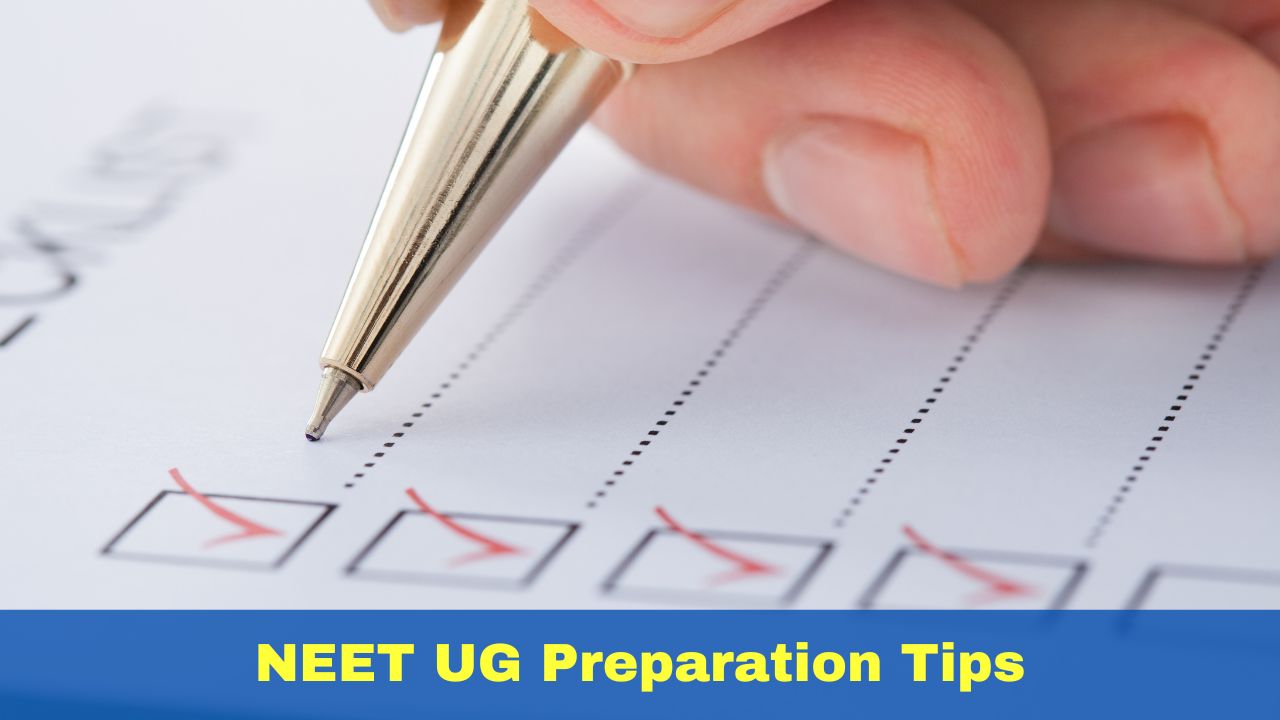- By Sakshi Gupta
- Wed, 29 Nov 2023 08:25 AM (IST)
- Source:JND
NEET UG Preparation: The National Eligibility cum Entrance Test Undergraduate (NEET UG) includes physics among its core courses, along with biology and chemistry. A strong performance in Physics can help you earn a higher rank on the NEET UG and will also affect your overall score. To ace the NEET UG Physics portion, candidates must learn the fundamentals, hone their problem-solving skills, and practice frequently.
The following practical advice will help candidates ace the Physics section:
1. NCERT Books: Since the ideas and formulas in the NCERT Physics textbooks for Classes 11 and 12 are essential to NEET preparation, make sure you fully grasp them.
2. Consistent Practice: Practice problem-solving and multiple-choice question-answering regularly using a variety of resources, including the NCERT Exemplar, reference books, and previous NEET test questions. You must engage in this exercise if you want to improve at solving problems.
3. Put Knowledge Above Memorization: Put more emphasis on understanding the fundamental ideas than on learning facts by heart. This method will help you become more prepared for a wide variety of questions—even ones that don't just use formulae.
4. Make a Formula Reference: For easy access while making edits and getting ready for a test, make a formula sheet. To further enhance your understanding, make sure you comprehend how important formulae are derived.
5. Visual Aids: Since physics is a visual science, you can understand concepts and solve problems by utilizing diagrams, graphs, and pictures. Visualizing physical situations can help you comprehend them better.
6. Time Management and Exam Strategy: Create time management plans for tests that concentrate on effectively tackling physics difficulties. Practice working through tasks in a timed manner to improve accuracy and speed.
7. Use Dimensional Analysis: Use dimensional analysis regularly to verify answers and reduce the number of possible answers. Using this method will help you become more adept at solving problems.
8. Desire Direction When Required: If you're having trouble understanding a certain idea or addressing a problem, don't be afraid to contact teachers, tutors, or internet resources for assistance.
9. Understand Mistakes and Rectify: Regularly examine your errors from practice runs and mock exams. Find your weaknesses, make a complete revision, and focus on getting better.
10. Remain Motivated and Organized: Make sure your study schedule is structured, make realistic goals, and monitor your advancement. Remain inspired by acknowledging and applauding your successes and by keeping an optimistic outlook throughout the planning process.

